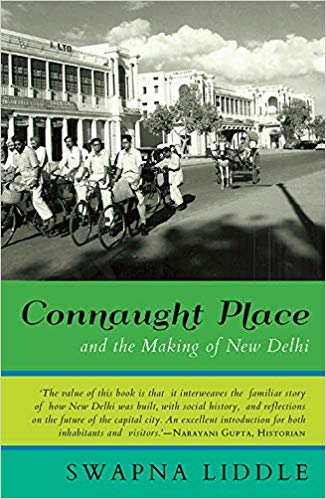In 1782 when Mir Taqi Mir’s destitution finally forced him to make the move from the Mughal capital of India to Asaf-ud-Daulah’s Lucknow, his lachrymose introduction of Delhi to a gathering of Lucknavi nobility was immortalized thus:
Dilli jo ek shehar tha aalam mein intekhaab
Rehte the’ muntakhib hi jahaan rozgaar ke
Jisko falak ne loot ke viraan kar diya
Hum rahnay walay hain ussi ujray dayaar ke
The much-defeated citadel of Delhi was little more than desolation. The Persian ruler Nadir Shah had bled the city. And what remained had been plundered by the rapacious hordes led by the Afghan, Ahmad Shah Durrani. Delhi could barely sustain a population much less afford the patronage of the arts. By the end of the eighteenth century Delhi was no more.
In 1857 the victorious British left a barracks full of red coats in Red Fort and decided that they were finished with Delhi. In their minds they had euthanized Delhi.Their capital city was to be the port of Calcutta in Bengal. And thus languished Delhi for another fifty years. Populated by the tatters of a defeated and despondent aristocracy and the jetsam and flotsam of a thousand armies that had ravaged the city for faith, flesh and fortune.
Delhi survived, scavenging off the laurels of a past mostly forgotten by British India. A city of tombs and graveyards and a scarce, scattered and imperilled urbanity. Ruins that were at best a refuge for jackals.But the Delhi of legend had a destiny that was not to be denied for long.

